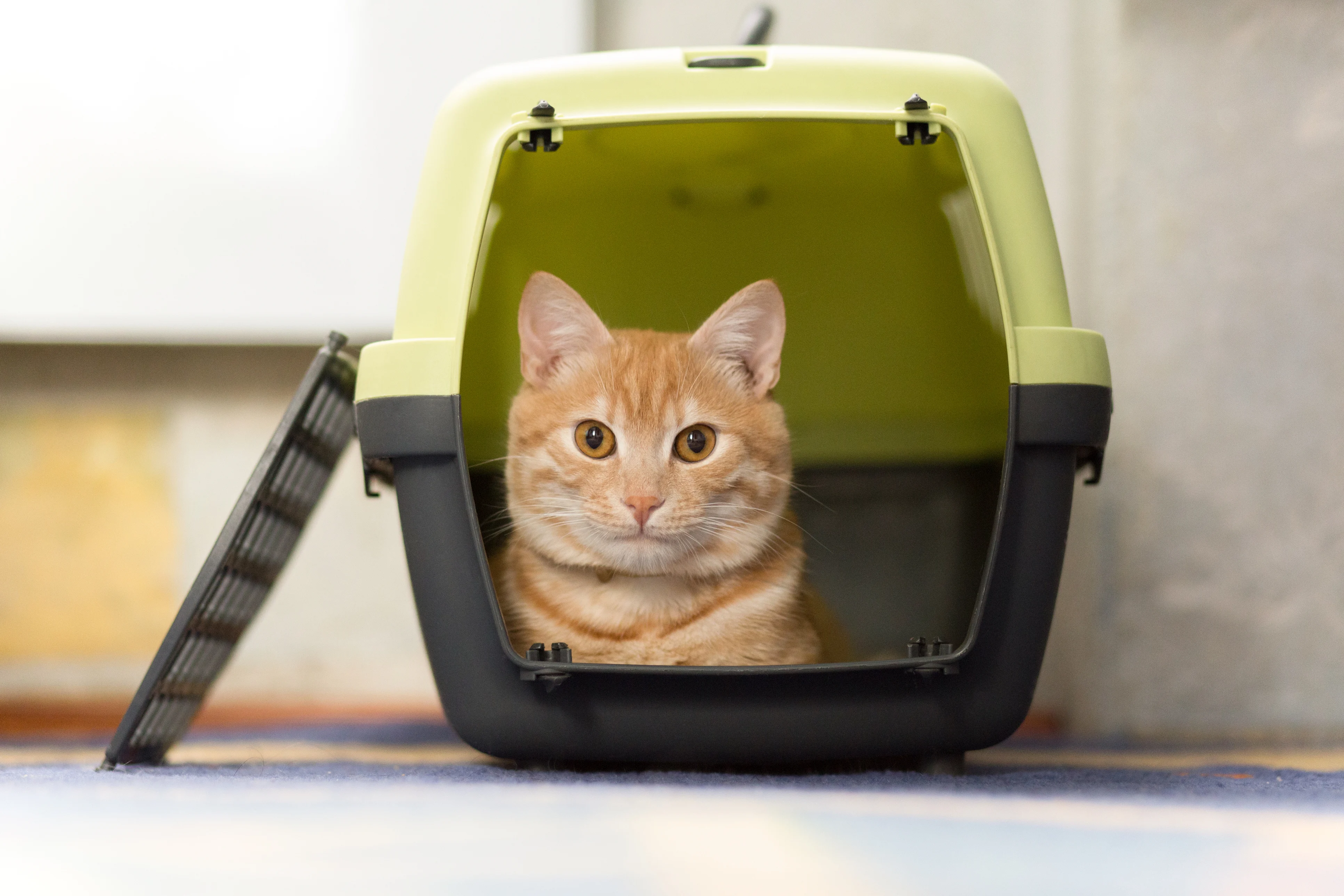Nolan’s Case: Alleviating Anxiety in Feline Patients

Sponsored by Zoetis
Regular veterinary care is an essential component of feline health. However, some pet owners may be reluctant to seek care because of the stress it can cause their pet. According to a 2019 survey of ≈2,000 cat owners, 43% of cats had not seen a veterinarian within the previous year.1 In addition, 24% of owners cited the stress it caused their cat as being the primary reason for avoiding care.1 Fortunately, veterinarians can help reduce acute anxiety and fear in their feline patients and help these pets receive the care they need.
Nolan’s Case
The owner of Nolan, a 5-year-old neutered male, domestic shorthair cat, reached out to his veterinary clinic after receiving a reminder that Nolan was due for his annual examination. The owner wished to decline the visit, given that no vaccines were due and that Nolan becomes anxious during veterinary visits.
The veterinary team expressed empathy for the client’s concerns while emphasizing the value of regular physical examinations and the importance of diagnostic testing in early disease detection. Nolan’s owner was asked if he would be open to anxiolytic medication to reduce Nolan’s stress associated with travel and veterinary care. He said that he would gladly consider that option if the veterinarian felt it would help. After reviewing Nolan’s medical record, the veterinarian prescribed Bonqat® (pregabalin oral solution). The client picked up the liquid medication the following day and scheduled Nolan’s annual examination.
One week later, Nolan was presented for his examination. His owner had administered a single dose of Bonqat (5 mg/kg) 90 minutes before leaving the house for Nolan’s appointment. Nolan seemed to like the flavor of the medication and took the small volume of liquid willingly. The client also reported that Nolan was calm during the drive to the veterinary clinic; he did not vocalize or urinate in his carrier as he had done during previous car trips. The veterinary team also noted that Nolan was less anxious than usual in the clinic.
Nolan’s physical examination was unremarkable, except for moderate dental calculus and focal areas of gingivitis. His temperature, pulse, and respiratory rate were within normal limits. Blood and urine samples were easily collected, without Nolan’s usual struggle, and all laboratory findings were within normal limits. Based on the results of Nolan’s examination, the veterinarian recommended a comprehensive oral health assessment and treatment (COHAT). The client scheduled Nolan’s COHAT and confirmed that he could also administer Bonqat prior to that visit.
When the client returned with Nolan for his COHAT, the team was made aware that Bonqat was administered. Nolan’s anesthetic protocol was created after a thorough preanesthetic examination, taking into account his calm but alert status.a During Nolan’s COHAT, 2 resorptive lesions were discovered and the affected teeth were extracted. During a follow-up call, the client expressed gratitude to the veterinary team for working with him to ensure Nolan received care; otherwise Nolan’s dental issues would have gone undetected and untreated.
Conclusion
Bonqat® (pregabalin oral solution) is the first and only FDA-approved medication indicated for alleviation of acute anxiety and fear associated with transportation and veterinary visits in cats. By alleviating anxiety that can accompany veterinary care, Bonqat may allow for more frequent and more thorough physical examinations, promoting early disease detection and higher levels of care over the pet’s lifetime
Bonqat is administered as a flavored liquid in small oral doses (0.1 mL/kg); its taste is generally well-accepted.2 In a study, the majority of the cat owners assessed administration of Bonqat as either very easy or easy.2 Precise dosing allows for maximal anxiolytic effects with minimal sedation.b In a clinical field study, transient lethargy or incoordination was reported by their veterinarian or owner in 4.6% of cats receiving Bonqat.2c
Bonqat has a half-life of 14.7 hours after oral administration (5 mg/kg PO),3 which is significantly longer than the 3.6-hour half-life of gabapentin (10 mg/kg PO).4 No loading dose is needed, and the duration of action offers flexibility with the timing of carrier loading, transport, and veterinary visits.
IMPORTANT SAFETY INFORMATION
Not for human use. Do not use in cats with known hypersensitivity to pregabalin. Use with caution in cats with cardiac disease, hypertension, renal disease, or severe systemic disorders. The safe use of BONQAT has not been evaluated in breeding, pregnant, or lactating cats; in cats younger than 7 months of age; in cats with cardiac disease, hypertension, renal disease, or severe systemic disorders; or in conjunction with opioids and other sedatives. The most common side effects are incoordination, lethargy, and vomiting. See full Prescribing Information at BonqatPI.com.
aThe safe use of Bonqat has not been evaluated in conjunction with opioids or other sedatives. Medication dosages may need to be adjusted if the patient is showing signs of sedation.
bIn a clinical study, 3 out of 108 cats experienced sedation that resolved without treatment.
cIn a field study with 238 cats, of the 108 receiving Bonqat at the labeled dose, 5 cats (4.6%) exhibited ataxia and 3 cats (2.8%) experienced lethargy.
